Who Owns Science? Reshaping the Scientific Value Chain in the 21st Century
Research results, produced and reviewed by scientists and funded by tax-payers, should no longer be locked behind paywalls. This might be the common denominator of the current debate on the future of scholarly publishing. Traditional corporate publishers are facing increasingly tough criticism and rising opposition from those they claim to serve. Powerful universities, like recently the University of California, or whole countries, like Germany or Sweden, are daring to no longer play by the rules – and refuse to pay ever-rising prices for access to journals their researchers have filled with data and insights. And those “who hold the purse” (Robert-Jan Smits) in European science have finally joined forces and set out to change the system with their ambitious “Plan S”.
The debate this has triggered is as passionate as complicated – and of course multi-layered. At its heart are neither the pros and cons of green or gold roads to Open Access, nor the necessity of APCs, however important all this might be. At its heart are a few simple, yet fundamental questions:
Who should “own” science and its results? Who should have the power to decide the quality of a paper and its authors – and how should this quality be secured and measured? How would a scientific value chain look which allows for a maximum of seamless, globally inclusive collaboration between researchers, a fruitful co-creation between industry and society, and yields results that best benefit humanity?


